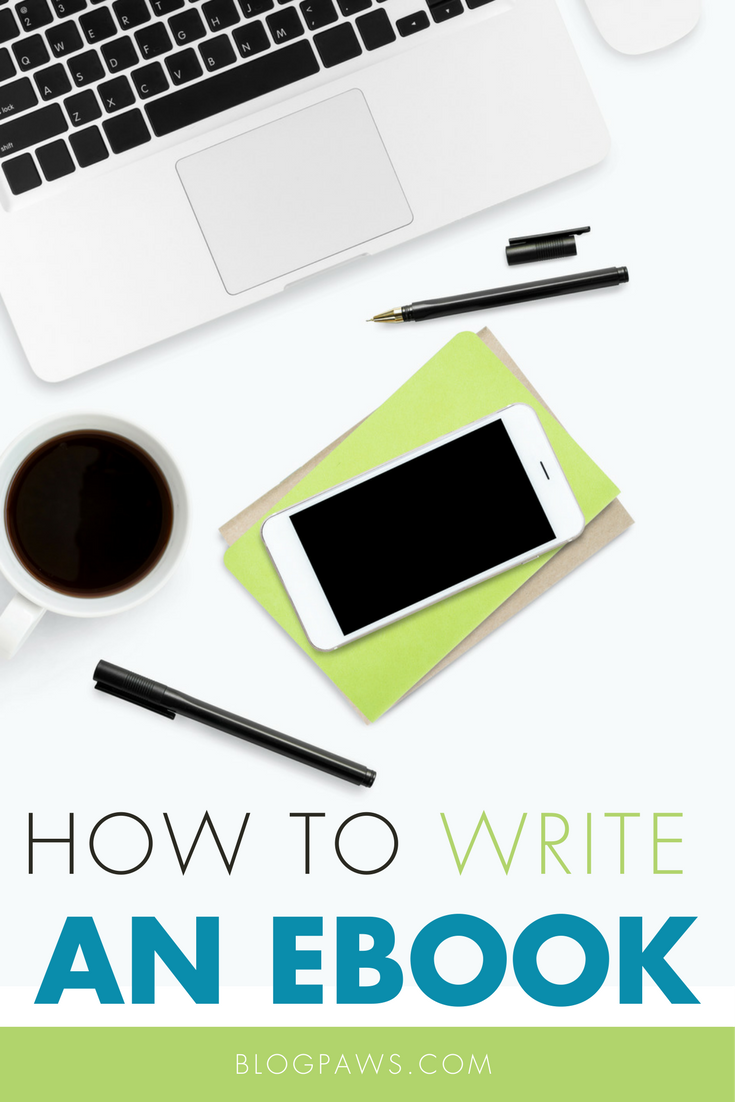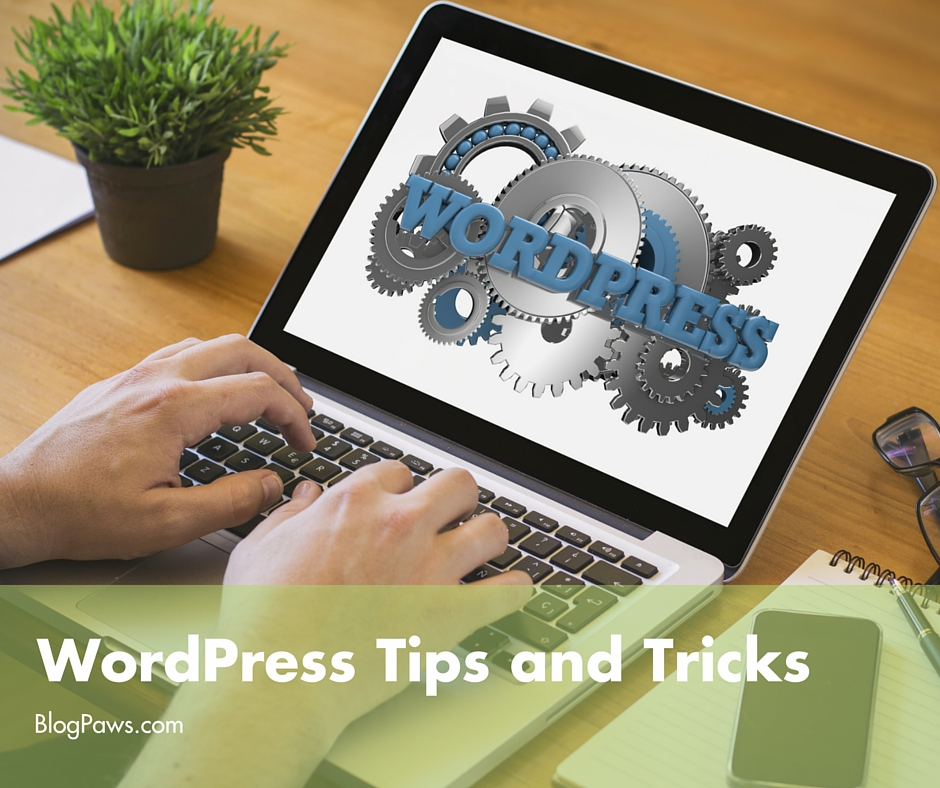How To Write An Ebook: The How
In this, the second part of the series, I will go into the specifics of the how to write an ebook. Grab your favorite beverage and settle in; this could be a long post! In this three-part series I cover:
- Why (should you write it)
- How (to write it)
- What (to do once it’s written)
Stating your intention to “write an ebook” is fantastic, but now what? Where do you begin? In the first post in this series I discussed the WHYs of writing an ebook. After you’ve determined WHY you should write it, you’re at the point of HOW do I even get started. Take a deep breath. It can be a daunting task. Let’s face it: If writing a book were easy, everyone would do it. I can’t even tell you how many people I meet who say, “I’m going to write a book,” who never write word one. Don’t be that person who never crosses that goal off your life list. Let’s dive in.
How To Write An Ebook
Choose your topic. This may seem like a no-brainer, but you may struggle to choose a topic. You may struggle to choose just ONE topic about which to write. NOTE: If you have “too many” ideas, capture them in an idea notebook for future use. Congratulations, by the way, on having so many ideas!
Now, close your eyes and picture this: If you were in a bookstore, where would your book be shelved? This is usually easier to picture if you’re writing nonfiction. If, like me, you write fiction, you need to know which genre your book falls into: romance (and what subgenre), mystery (and what subgenre)… you see where I am going with this, right? Knowing where your book would be shelved, if a print copy, will help you visualize the audience for whom you’re writing.
It’s tempting to think you can write your book about, How to groom a dog with tips for dog training and healthy diet… all in one book… but truly you can’t. Choose a main topic for your book, then break that down into smaller topics, i.e. chapters.
ACTION STEP: If you’re writing nonfiction, ask yourself:
- Will my book solve a problem?
- Will my book address a reader’s fear, aka pain point?
- Will my book offer insight into a topic about which I (and others) are passionate? Will it satisfy a curiosity? For example, How To Write An Ebook, could be a book title that offers insight into how to do just that and is a topic I have heard that people are passionate about. Win-win.
Choose a topic that you are passionate about and have an expertise in. It would seem that this, too, is a no-brainer, but I have worked with would-be authors who want to jump on a trend and write a book about that. It is not necessarily a topic about which they have any expertise and they’re not passionate about it. They just want to “write a book about XYZ because it’s so popular.” That’s not the reason to invest so many hours into writing a book. Sure, writing about a trending topic is great, but how long will it take you to write the book? Will the topic still be relevant then?
Decide: Do you want to stay within an expertise for which you are known or do you want to break into a new niche? There is no wrong answer, but if you’re known for XYZ and have a following, how will you gain a following for ABC? Having a built-in audience for your book is not a bad thing (as it could mean built-in sales). But if you have been wanting to dip your toes into another niche, take the plunge; just know it may take you longer to build that audience.
ACTION STEP: Grab a notebook or open a file that is specific to this book project. Brainstorm:
- Topics about which you have an expertise
- Topics about which you are passionate
- Look for areas where those two intersect and viola you have your book topic!
Is your topic long enough to fill an ebook? I’ve read that an ebook should be at least 25 pages long. If you do the math, a Word doc, single spaced with a 12-point font will be roughly 500 words; your book will be about 12,500 words long (keep in mind this is Word doc size, not book page size, but this gives you an idea that perhaps your book should be at least 10,000 words long).
ACTION STEP: Now you’re getting to the meat of the HOW. Take some time and write down potential chapter titles in your book. Consider that each chapter (again, I am not a math whiz) might be about 1,000 words (HEY, the length of a blog post… stick with me, here). Once you’ve written down potential chapter titles, jot down a sentence or two description of what that chapter will cover. Did you notice… you’re now in the outlining process of your book!
Visualize the book title. Sometimes having the title in mind will help keep you focused. Again, your book doesn’t have to be, nor should it be, all things to all people. Choose your niche and build your tribe around that niche. Write your potential book title(s) down and post it where you can easily see it every time you sit down to write. It’s been proven that if you write down a goal you are more likely to meet it. Next to the title of your book write down: Write This Book!
ACTION STEP: Even if you can’t settle on a specific title for your book, write down what you think you might want it to be. Add a subtitle, if necessary, to further drill down on the topic. For example: How To Write An Ebook (What every pet blogger needs to know) or How To Write An Ebook (Why every pet blogger should).
Break through the overwhelm of writing a book. You’ve started that by the sneaky way in which I’ve suggested you begin “outlining” your book. You have chapter titles and a sentence describing what’s in it. Now you need to push forward toward book completion. How can you do that?
- It’s scary.
- It’s a daunting task… writing a book, gulp!
- When will you find the time?
- What if no one reads it?
These are very real feelings. Yes, it’s scary, but imagine the feeling when you can tell everyone, “I’ve written a book and you can buy it today!” When you’ve written a book, it may open doors for speaking engagements (if that’s something you’re interested in). When you’ve written a book, you have elevated your level of expertise. Why? Because you have taken the leap that not many others do. They talk about it. You did it.
Just as when you write a blog post and hear only crickets, it is scary to think that you’ll write a book and no one will read it. It happens, but for various reasons that could include you didn’t promote it (the third in the series will be about marketing and pre-marketing of your ebook), your title isn’t searchable (keywords are key in your title if you want people to search your topic and find you on Amazon), and so on.
ACTION STEP: Write down your fears. When you write them down, you take away the power they have over you. Next to the fear, write down ways you can address it to further reduce its power over you.
Break the project down. When you say to yourself, “I’m going to write a book!” it is exciting, but often that feeling of exhilaration is followed rather quickly by, “Oh. My. God. I’m going to write a book?” The fear settles in and you’re frozen in place. This is when you need to look at SMART goal setting for the entire project.
- S – specific (writing a book)
- M – measurable (it will be 10,000 words, or 15 chapters, long)
- A – attainable (you’ve been writing blog posts, of course you can write a book!)
- R – realistic (truthfully is there any reason you CAN’T write this book?)
- T – timely (set a reasonable goal… I want to have my book written within the next three months. Deadlines are crucial to an ebook project)
ACTION STEP: Write down SMART in your notebook or file and fill it in as I’ve done above. NOW you need to break that “I’m going to write a book” down into less daunting steps.
Time-block sessions for your book project. I am a huge proponent of time blocking. At the end of every week I plan my upcoming week with my overarching goals. At the end of every work day, I plan my next work day and time block specific tasks I need to accomplish. When I am in the midst of a book project, in my planner I time block an hour and fifteen minutes five days a week to work on my book. Inside that time-blocked section, I will write what I want to accomplish in that hour and fifteen minutes.
For example: Monday, brainstorm chapter titles and topic sentences; Tuesday, brainstorm titles (I sometimes need to get my mind around the topics within the book before a title comes to me) and research whether there are other books of that title/topic on Amazon; Wednesday, write 1,000 words. I may not always write chapter one. I sometimes bounce around and choose a topic I’m more interested in that particular writing day. Can I always write 1,000 words in an hour and fifteen minutes? Not always, but frequently I can. NOTE: Write a goal that won’t scare you off. If 1,000 words is daunting, aim for 500. I learned during my time of participating in National Novel Writing Month (NANOWRIMO) that I can churn out 1,667 words a day, seven days a week. (That’s what you need to write in order to complete a 50,000 word novel in the month of November. Crazy writing schedule, but I commit to it every November); Thursday, Write 1,000 words; Friday, edit chapters OR write 1,000 words OR brainstorm my pre-sale marketing.
ACTION STEP: Make a commitment to yourself in your calendar for your ebook project. Don’t fret if you don’t have an hour and fifteen minutes a day to devote to it; the reason I have that time every day is because I get up at 5 am, walk Henrietta, feed the animals, eat my breakfast and settle in to write by 6:15 am. I wrap up my hour and fifteen minute session then move onto my daily client work. Practice “snippet writing.” If you have 15 minutes of free time while you’re waiting for the kids at the school bus, write then. If you have time while you’re cooking dinner to work on your book, grab that time. You can complete an ebook in tiny pockets of time so don’t let the “I don’t have time to write an ebook” be an excuse to not pursue that dream. ALSO, on those weeks when I tell myself, “I don’t have time to do (fill in the blank)” I look at my schedule and realize I have been vegging in front of Netflix for three hours a day for the past three days… no wonder I didn’t have time.
Bottom line: Okay I have talked at you for close to 2,000 words. What part of the HOW is stopping you? Where are you feeling overwhelmed or unprepared or frozen in place because writing an ebook is scary? Let me know in the comments below and let’s find a solution!
Robbi Hess is an award-winning author, full-time writer, newspaper columnist, writing coach and time-management guru. She works with bloggers and solopreneurs and blogs at All Words Matter. If you’re interested in learning about my new 30-Minute Writing program, email me, let’s talk. (Robbi AT PositivelyWoof DOT COM)
Image: ArthurStock/Shutterstock.com





